Text & Photos: Bhargav TS
Better vehicle lighting can help the driver to recognise objects during nights eventually supporting vehicle safety. Lighting system manufacturers address this issue through several technologies. Chennai-based India Japan Lighting (IJL) is looking at offering the OEMs with new solutions that will save energy and enhance life. We took a short journey in the company’s Chennai plant to get enlightened on the manufacturing process.
The Chennai facility of IJL,the 50:50 joint venture between Lucas TVS and Koito Japan, has 2 units with a capacity to manufacture 10 million headlamps and 8 million Rear Combination Lamps (RCL) per year. Each headlamp consists of 3 parts, lens, reflector and body. The company assembles the lenses and reflectors made in-house with the body that is outsourced.
To manufacture the lens, selection of raw material and process plays a vital role. With the development of systems, the requirement for material has also grown. The company ensures that the raw materials adhere to stricter norms laid by not only its customers but also its JV partner Koito in terms of tolerance, versatility of processing to different designs, heat deflection temperature, mechanical strength and, in particular, surface quality of the parts. IJL uses polycarbonate (PC) for lenses as it increases the surface requirement on the visible elements. Older material like glass and thermosetting plastics are being replaced with lightweight thermoplastics as these are simpler and versatile too. This allows direct reproduction of complicated parts by injection moulding and can be used immediately without secondary processing.
As granules the thermoplastic material is fed to the injection moulding machine that consists of dies and moulds with different profiles. The machine is equipped with pick-and-place robots which do operations, without human intervention. The robots pick up the lenses from the moulding machine and drop it in the conveyor for final inspection. Manual inspection is carried out at the end of the line before despatch to the process chamber.
The second key element of the headlamp is the reflector. These reflectors are subjected to extremely high temperatures; therefore IJL uses injection moulded thermoset Bulk Moulding Coponent (BMC) material. Thermosets are less expensive when compared with other material and so preferred for larger reflectors. Here lower material cost is the deciding factor. These thermosetting plastics are moulded according to the design and taken for secondary operations where excess material is removed. Later, these reflectors undergo the metallising process.
Metallising is the process of depositing a thin metallic film on the surface of the reflector base under high vacuum conditions. The key aspect of metallising is it being eco-friendly and less expensive than electroplating. Tungsten wire coils of different shapes and sizes are used and metals like aluminium and silver are used to deposit a thin metallic film on the base material so that it looks like a mirror. In a closed room a set of robots spray a special coating on the lens for longer life. Latter the lenses and reflectors are sent for final assembly.
IJL has a set of vendors to supply the body parts made out of hard plastic. The body parts are first fitted with the necessary bolts and nuts and passed to the next station for reflector assembly. This station is called ‘aiming’ where the metallised reflectors are fixed with the body part and tightened. A robot applies the glue on the grooves of the body; after inspection the lens is fixed to the body to complete the operation.
Then the unit is sent for leak test to ensure there is no air gap in the entire housing. After passing the leak test, the bulbs, sourced from various manufacturers like Philips, Osram and Halonix, are fitted in to the housing. It is then moved to the test bench to assess the performance. This test is carried out on all the headlamps manufactured by IJL before despatch to customers.
After testing the headlamps, manual inspection is carried out at the end of the assembly line to look for any physical damage. Then the lamps are packed into bins (each bin containing two car sets) and sent to vehicle manufacturers. The same process is carried out for the RCL. Currently, IJL’s Chennai plant supplies headlamps and RCLs to Nissan, Toyota, General Motors, Tata, Ashok Leyland-Nissan, Honda Motorcycles, Scooters India, India Yamaha Motors, Ashok Leyland and Daimler India Commercial Vehicles.
IJL is looking at introducing new lighting solutions like the Poly-Episoidal System (PES), High Intensity Discharge lamp (HID) and LED lamps, light guides, edge-lighting technology with LEDs for parking and DRLs. These technologies give 40% more light, save power and increase life of headlamps. The company is also looking at ‘Ultem’ as an alternate raw material, which will reduce the weight of the headlamps by 50% and aid the manufacturing process.


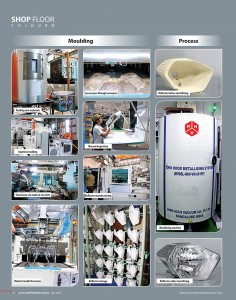
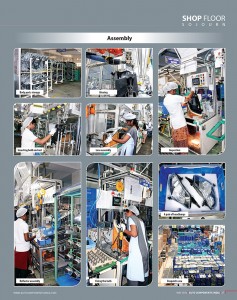

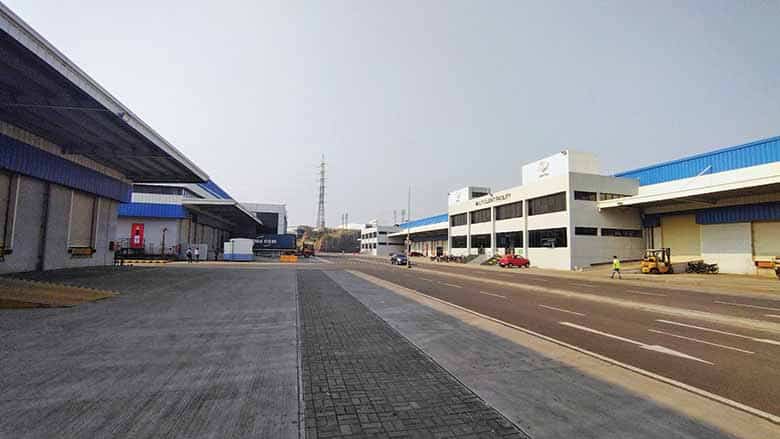
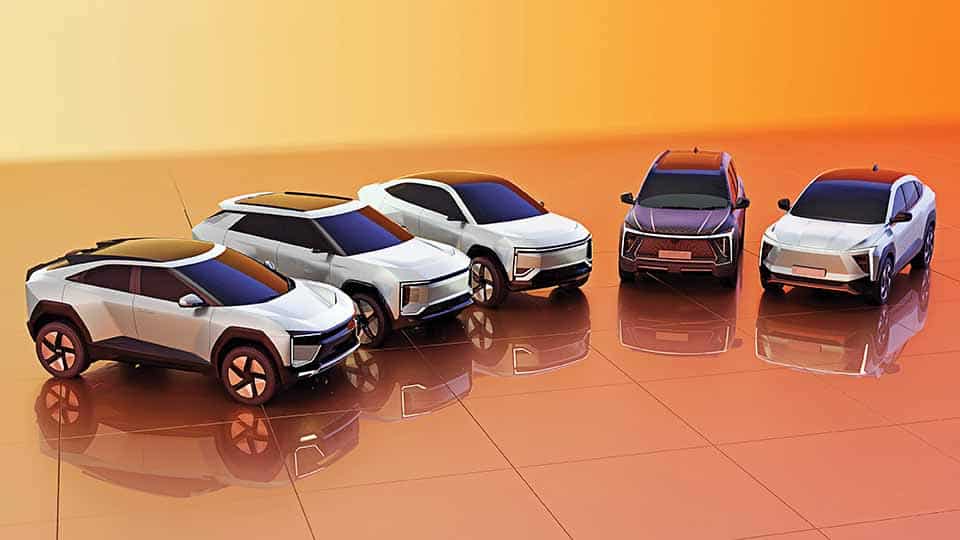
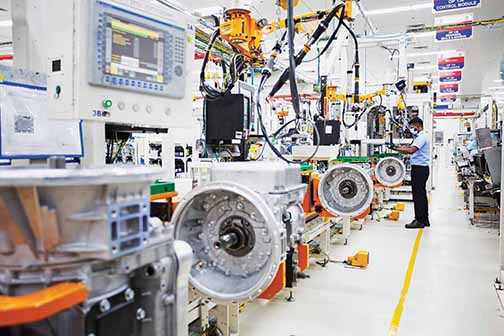
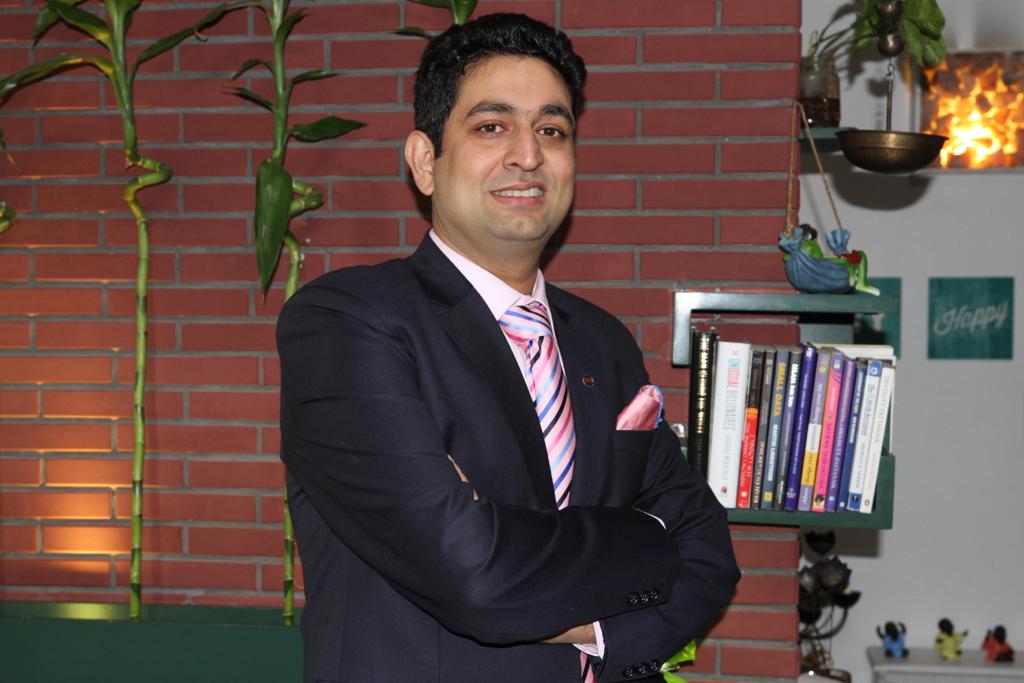
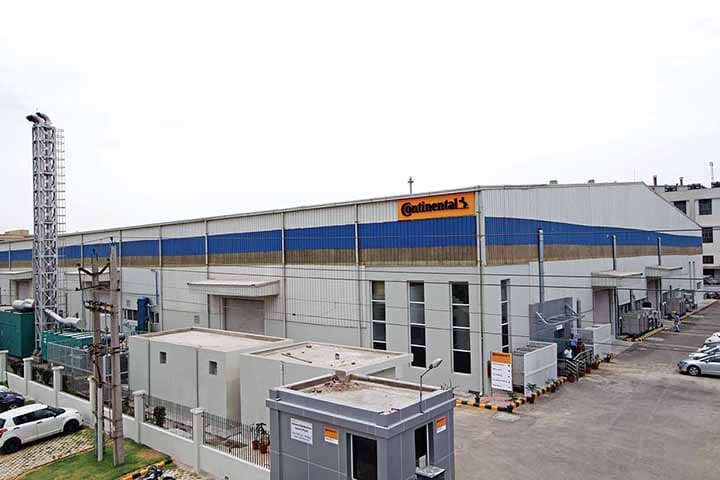
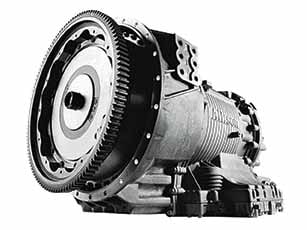
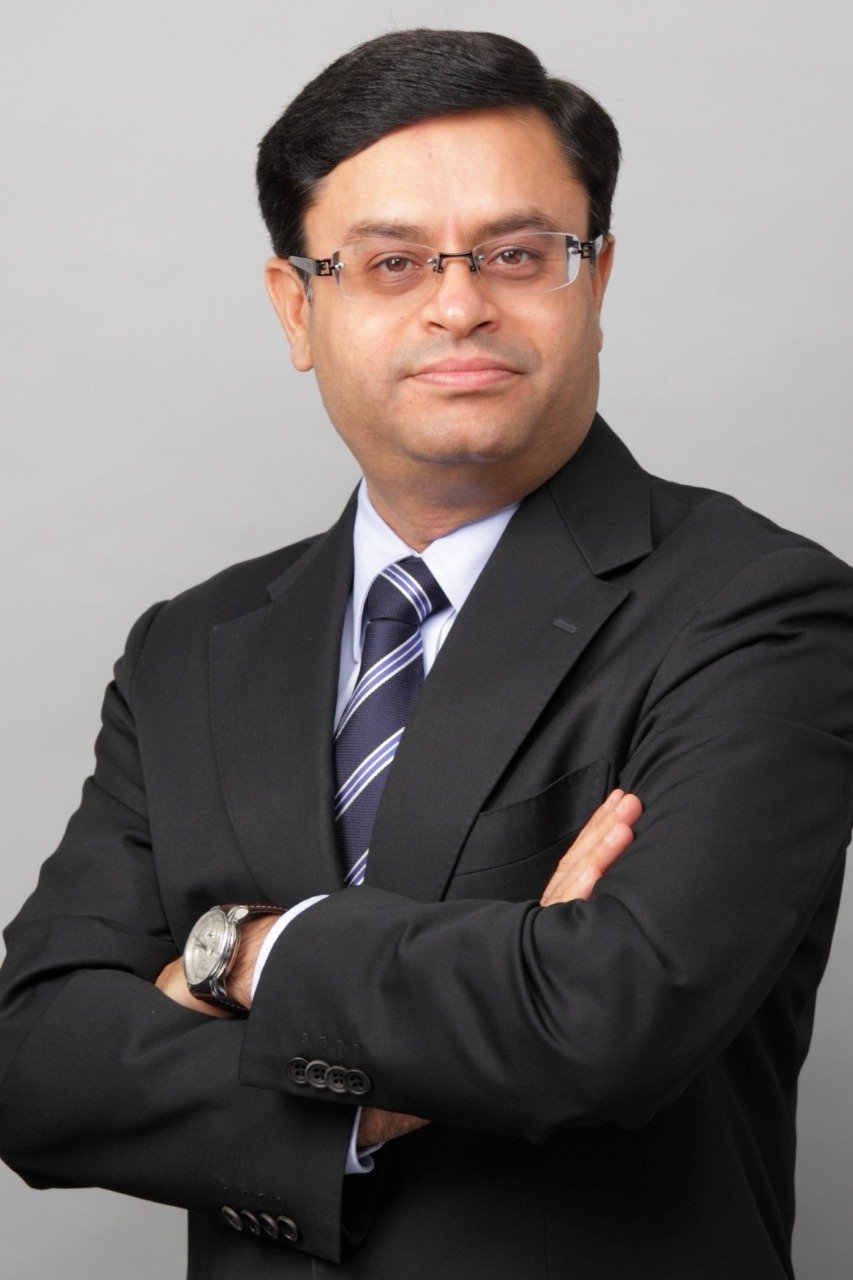

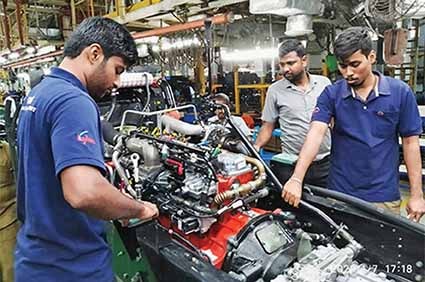
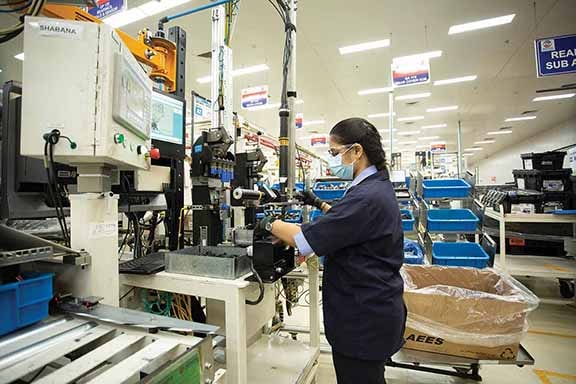
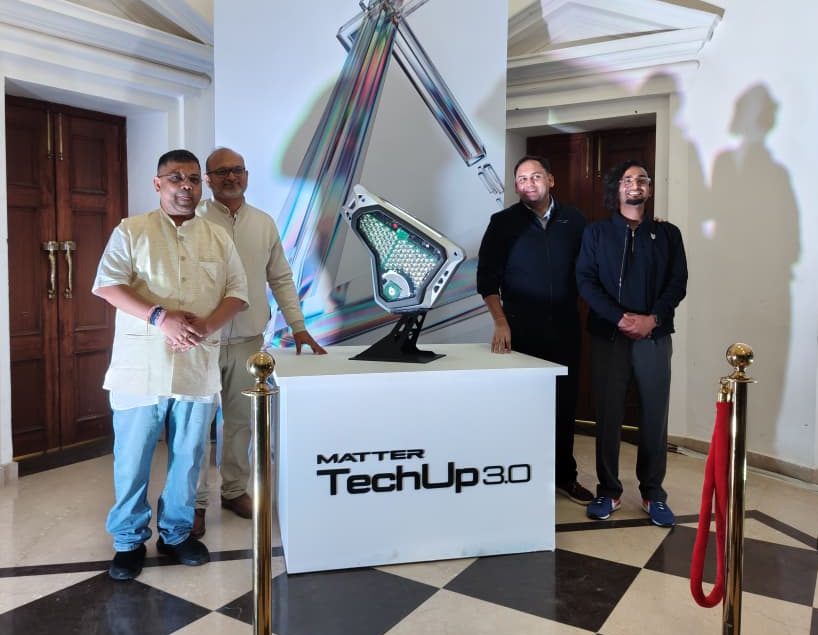
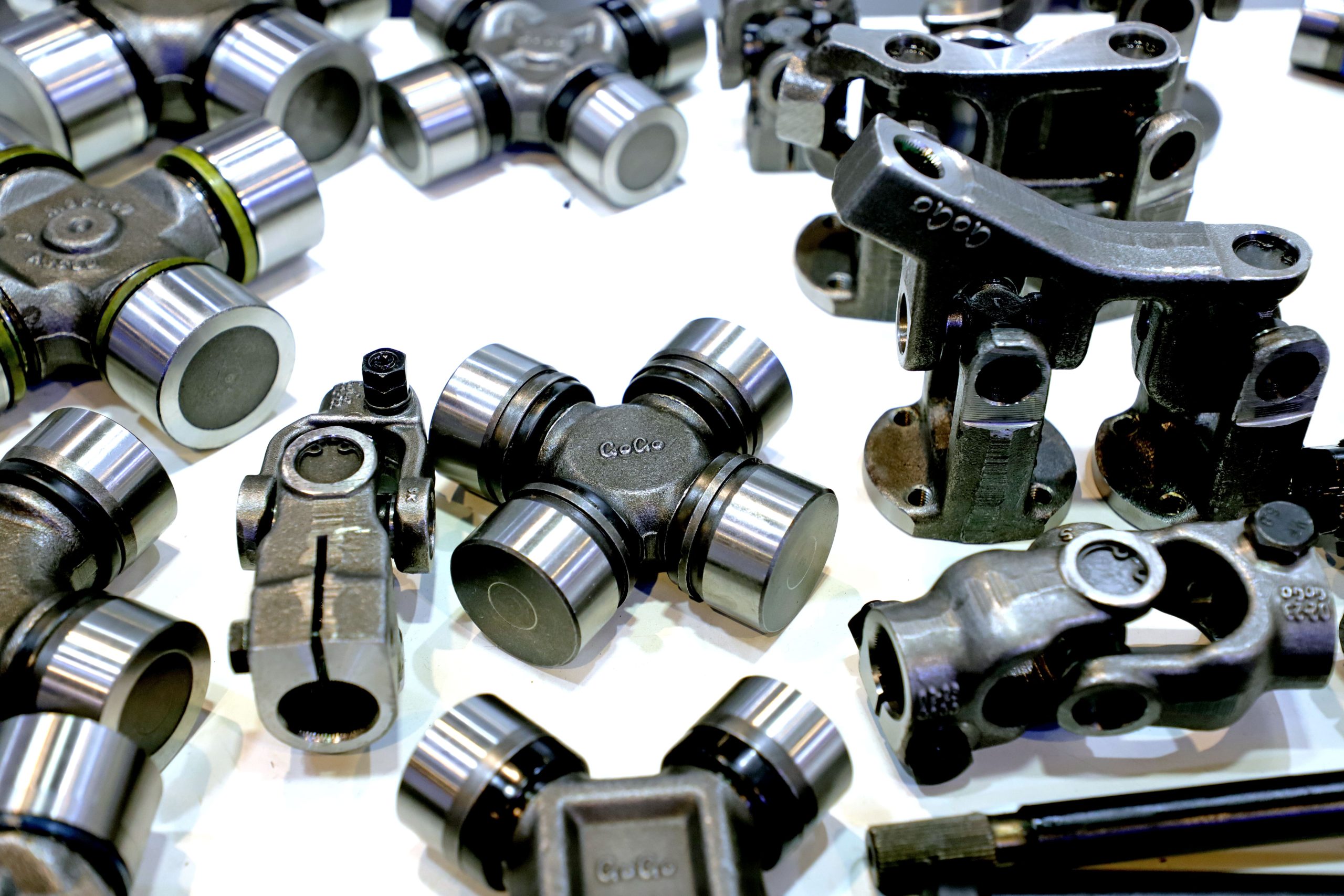
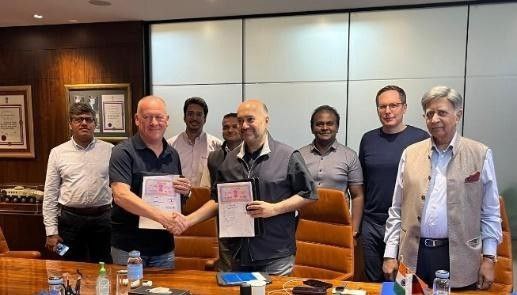
Leave a Reply